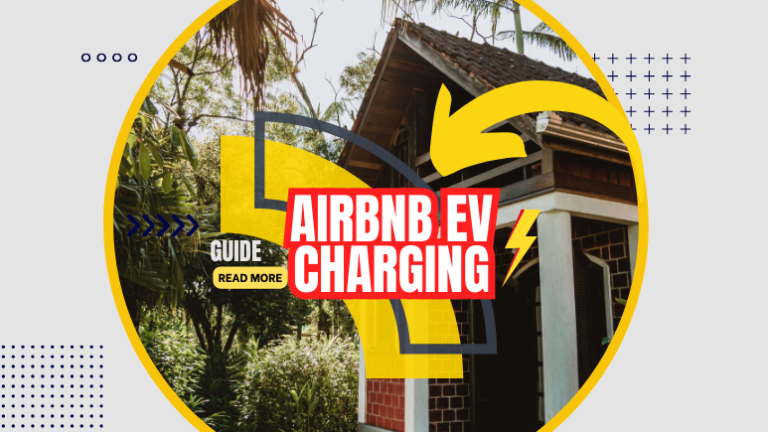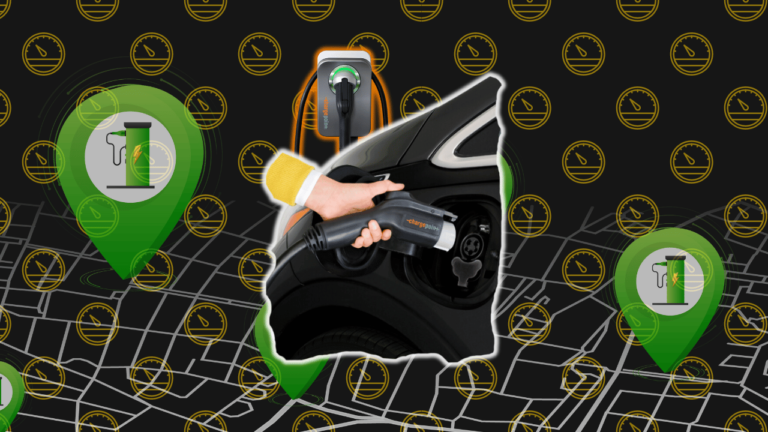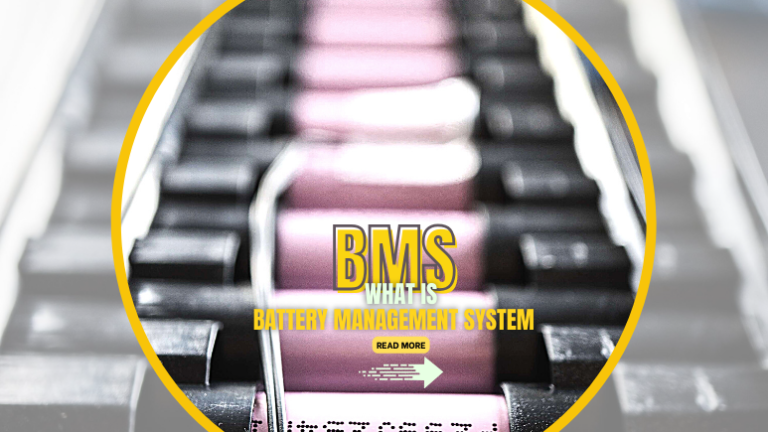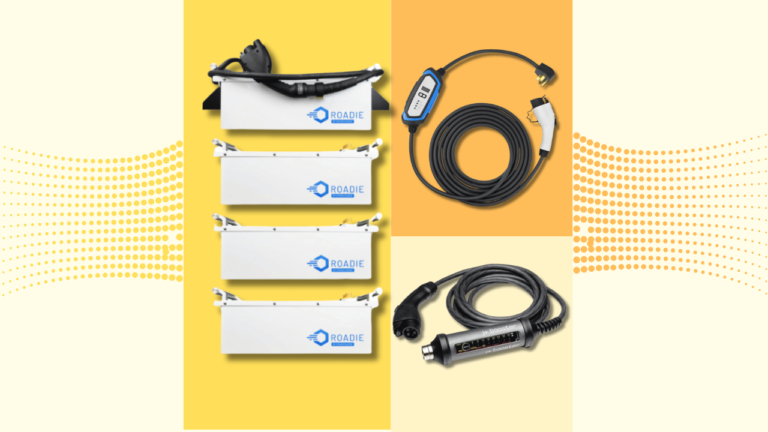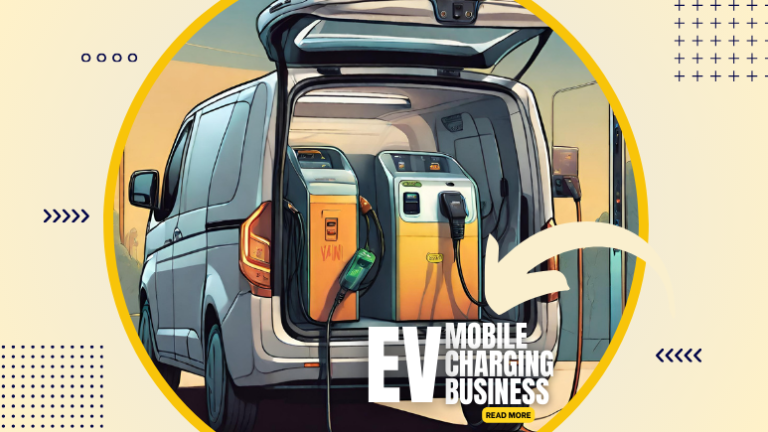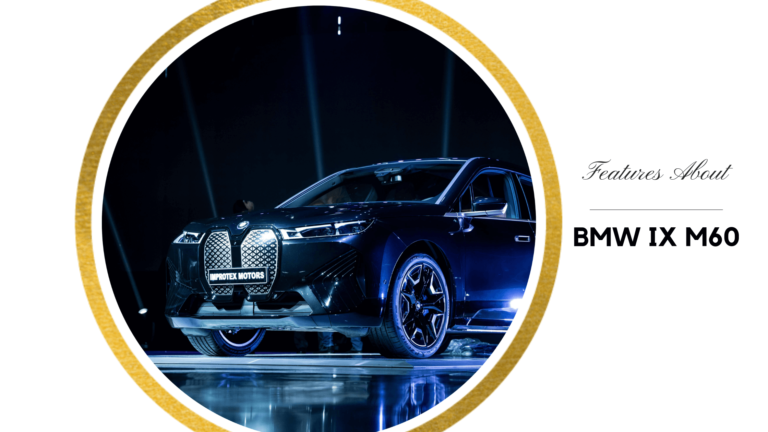In India, electric cars are becoming increasingly popular, next to China, since they are eco-friendly and cost-effective. The Indian government is also heavily pushing for that. So because of that many manufacturers are turning towards EVs.
As a result, there are now a variety of electric cars at different price points.
In this brief, we will discuss the top 5 most popular electric cars available on the Indian market.
These electric cars have been chosen based on their features, performance, and affordability. We will look at the pros and cons of each car, as well as their specifications and pricing.
Table of Contents
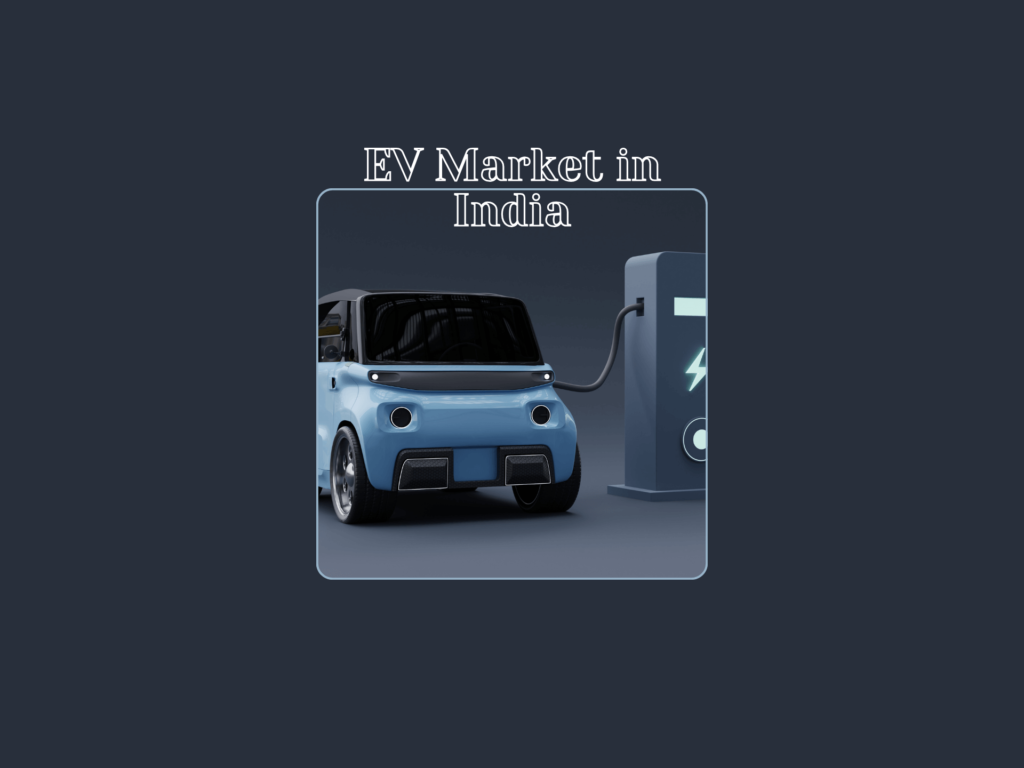
Indian Electric Car's Market
India’s electric car market is rapidly growing and is expected to continue in the coming years. A surge in demand for electric cars in India is a result of government initiatives pushing electric mobility and rising environmental concerns.
According to a report by Fortune Business Insights, the Indian electric vehicle market size was USD 1.45 billion in 2021 and is projected to grow to USD 113.99 billion in 2029, growing at a CAGR of 66.52% during the 2022-2029 forecast period.
Several automobile manufacturers have entered the Indian electric car market. Some of the companies are Tata Motors, Mahindra & Mahindra, and MG Motors.
These companies have launched several electric cars in India, ranging from the affordable to luxury segments. Tata Nexon EV, Mahindra eKUV100, and MG ZS EV are some of the popular electric cars available in India.
The Indian government has also launched several initiatives to promote electric cars adoption in the country. The Faster Adoption and Manufacturing of Electric Vehicles (FAME) scheme provides incentives for EV manufacturers and buyers.
Under this scheme, the government subsidizes electric car buyers, reducing electric car costs and making them more affordable.
In addition, the Indian government has set a target of having 30% of all vehicles on the road electric by 2030. To achieve this goal, the government is working on setting up charging infrastructure across the country. This is currently a major bottleneck in electric car adoption in India.
What are the Top Indian Electric Cars?
India has seen a surge in electric car sales in recent years, with more manufacturers entering the market.
Here are the top 5 Indian electric cars currently available:
Tata Nexon EV
The Tata Nexon EV is a popular electric SUV that offers a range of up to 312 km on a single charge.
It comes with a 30.2 kWh battery pack and can be charged up to 80% in just 60 minutes using a fast charger.
The car is equipped with regenerative braking, hill hold control, and a touchscreen infotainment system.
MG ZS EV
Also named Hector which has a range of 340kms. It fast charges on a 50kW DC charger from 0 to 80% in 40 minutes. It has Apple CarPlay and Android Auto with an 8” color touchscreen. It comes with an automatic transmission and keyless entry.
Eco, Normal, and Sport modes are equipped with three levels of regenerative braking to increase energy conservation.
- Loaded with MG pilot assist technology
- Active emergency braking
- Lane-keeping assistance
- Adaptive cruise control
- Traffic jam assistance
- Intelligent high beam assist
- Intelligent Speed Limit assist
You can choose between five colors.
Maruti Futuro-e
The Maruti Futuro-e is an upcoming electric SUV expected to launch in India soon.
The car is expected to offer a range of up to 300 km on a single charge. It will come with a host of features like a touchscreen infotainment system, automatic climate control, and a sunroof.
Mahindra eVerito
The Mahindra eVerito is an electric sedan that offers 110 km on a single charge.
It comes with a 15.6 kWh battery pack and can be charged up to 100% in just 8 hours using a standard charger. The car is equipped with regenerative braking, hill hold control, and a touchscreen infotainment system.
Tata Tigor EV
In this small-sized EV, a regular charge takes about 6 hours, and the certified range is 142kms. Fast charging takes about 90 minutes. About 80 km/hr is the maximum speed. The boot space is approx. 310 liters.
Tata Sierra
The powertrain is all-electric. Its range is around 400 km on a single charge. The transmission is manual.
This is a small SUV with a fast charging capacity of about one hour from 0 to 80%. It will have a Lithium-ion battery and an automatic transmission. The electric motor produces around 150 HP.
The Future of Electric Mobility in India
India is on the cusp of a major automotive transformation with the shift towards electric mobility. The Indian government has set an ambitious target of 30% electrified vehicle penetration by 2030.
The transition to electric mobility is expected to reduce carbon emissions, reduce dependence on imported oil, and create new job opportunities in the country.
The EV market in India is still nascent, but growing rapidly.
According to a McKinsey report, a transition to EVs could affect up to 50% of ICE bill of material (BOM) components, which could disrupt incumbent portfolios in traditional ICE component categories. Several Indian automobile manufacturers have already started investing in EV technology and launching upcoming electric models on the market.
One of the main challenges facing the EV market in India is the high cost of EVs compared to traditional internal combustion engine vehicles. However, with the government’s push towards electric mobility, several incentives and subsidies have been introduced to encourage EV adoption.
Another challenge is the lack of adequate charging infrastructure in the country. Private players have also entered the market to set up charging stations. This is expected to accelerate the EV market growth in India.
In conclusion, electric mobility in India looks promising. With the Indian government’s push towards electric mobility and the growing interest of automobile manufacturers in EV technology, the EV market is expected to grow rapidly in the coming years. Electric mobility is crucial for reducing carbon emissions and mitigating climate change. It is also about creating new job opportunities and boosting the Indian economy.


